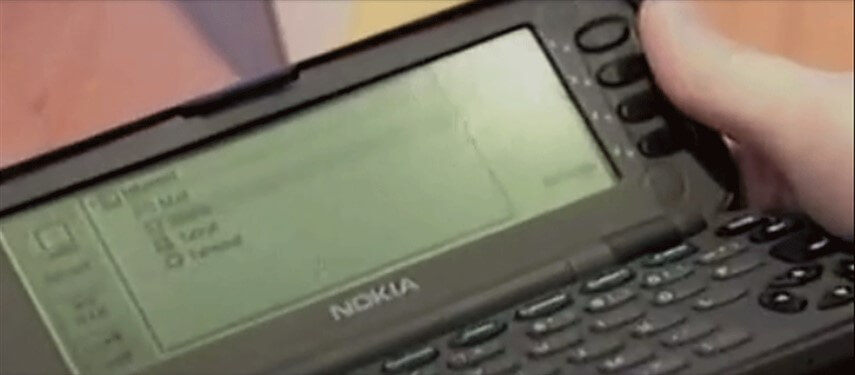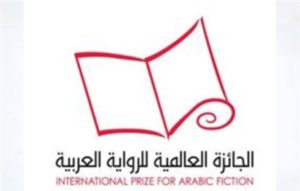British telecoms operator Vodafone is auctioning off a non-fungible token (NFT) of the world’s first SMS text message on Thursday, with proceeds of the sale going to international refugee agency, UNHCR.
The 15-character long text message, which reads “Merry Christmas”, was sent on the Vodafone network 39 years ago in December 1992, when programmer Neil Papworth sent the message to a colleague, Richard Jarvis, who received it while he was at the company Christmas party. It took a further nine years for other networks to have Vodafone’s ability to transmit and receive SMS.
The lot is expected to fetch up to $200,000 and the buyer will pay for the NFT in Ether or Ethereum, the second-largest cryptocurrency after Bitcoin. As well as the digital token, the winning buyer will take home tangible assets in the form of a digital picture frame showing the mobile phone receiving the world’s first SMS and a 3D animation of the same as a digital version.
Ahmed Essam, chief executive of Vodafone UK, said the company was “proud” to be bringing together cutting-edge technology from the past and the future to help “people in desperate need of support”.
The telecoms company will be donating the winning bid to UNHCR, the UN refugee agency that supports 82.4 million people worldwide, and who have lauded the “power” of technology to “change the world.”
“Through this combination of ground-breaking tech and movement for social good, UNHCR can continue helping refugees and people who’ve been forced from home, giving them an opportunity to transform their lives and build better futures for themselves, their loved ones and communities they’re living in,” said Christian Schaake, Head of UNHCR’s Private Sector Partnerships Service.
It isn’t the first time the refugee agency has been involved in the fast-growing NFT market. In November, the organisation sold a collection of 70 NFT artworks by Syrian-Palestinian cartoonist, Hani Abbas to mark the 70th anniversary of the UN Refugee Convention, and the establishment of UNHCR.
Tuesday’s auction is being conducted in Paris through French auction house, Aguttes, who are “delighted” to be a part of the sale of a “landmark piece of history” and expect to attract bidders from around the world for the sale.
“The first printed book, the first phone call, the first email – all these inventions have changed our lives and communication in the world. This first text message received in 1992 is a historic testament to human and technological progress,” said auction house founder Maximilian Aguttes.
What are NFTs?
NFTs are digital files that act as “signatures” to certify ownership of an online media. They are created on the Ethereum blockchain network, and most sales, including the historic Vodafone SMS, are done using smart contracts – a self-executing contract with the terms of the agreement between buyer and seller being directly written into lines of code.
Traded since around 2017, the popularity of NFTs, which encompasses everything from images, to videos and text, have soared in recent months as more people look at ways to preserve and monetise pieces of history.
In March, Twitter chief executive Jack Dorsey auctioned his very first tweet as an NFT, which fetched $2.9 million. Berners Lee’s first source code for the World Wide Web was sold for $5.4m.
Earlier this month, a digital piece called The Merge by anonymous online creator, Pak, became the most expensive NFT ever sold when almost 30,000 collectors pitched together to buy the work for a whopping $91.9m.
Works by digital artist, Beeple, remain the most expensive and popular tokens purchased by NFT buyers. Earlier this year, the US-based artist sold his digital piece Everydays: The First 5000 Days for $69.3m, the most expensive NFT ever sold to a sole buyer.
www.thenationalnews.com




